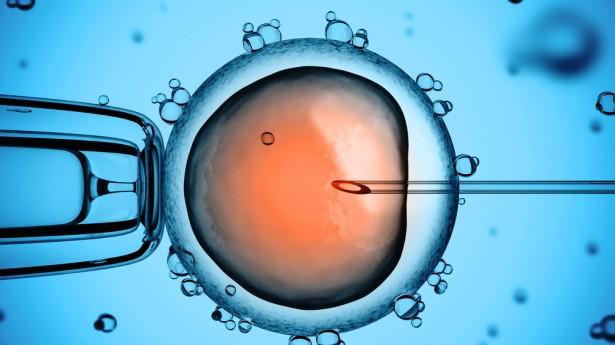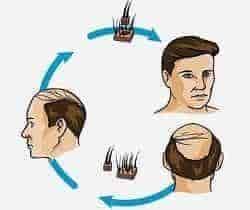ICSI Treatment come to Aid
October 14, 2016

The main difference between the needle and the dish as the procedures of Intracytoplasmic Sperm Injection (ICSI) and In Vitro Fertilization (IVF) is the number of sperm cells and eggs involved. While both procedures are equally efficient, there are a couple of key differences between the two.
Difference between ICSI and IVF
Coming down the definition tree, artificial insemination is process of providing the sperm with a shorter route to get to the egg. In artificial insemination, the sperm cells are collected and placed directly in the uterine cavity of the woman. This location for placement is based on the fact that the antibodies present in the woman’s body can kill the sperm cell and these antibodies are conspicuous by their absence in the uterine cavity.
An IVF is also referred to as ‘test tube baby’ procedure as the actual fertilization takes place outside the human body when the oocytes are collected and placed in a nutrient mixture along with the sperm cells so that fertilization can occur unhindered. Once the oocyte has achieved fecundation, it is transferred back into the woman’s body when its cellular count reaches 8-16 cells.
The most recent and talked about method, ICSI uses an injection procedure to induce a single sperm cell into the egg. This process has to be conducted under a microscope and is a very technical procedure. Clearly, since it is a very specific procedure, there is a significant difference in the results obtained by ICSI. With ICSI, it is possible to bypass most typical fertility dysfunctions and the sperm cell can be from the husband itself as it possible to fertilize eggs with sperm derived from men with the severest degrees of male infertility.
Recent Developments
Studies have found that babies born with assistance from such procedures are just as healthy as babies that are conceived through natural means. Given the nature of IVF and ICSI procedures, it only stands to reason that children born from such methods will have a far higher level of medical scrutiny during their growing phases. It has been observed that there have been no differences in birth weight, growth, IQ levels, physical and motor coordination and behavior in between babies born from artificial methods and those born from natural methods. The process of has become common in all metro cities such as , Chennai, Mumbai and New Delhi.
According to an article in the Times of India, infertility is a problem faced by 15% of all couples in India. From these ranks, over 80% of infertility cases can abet rated with routine remedies. For the remainder, there is always artificial insemination. One of the benefits of ICSI is that it can help women above the age of 40 to conceive. The numbers of women opting for ICSI in Bangalore and Chennai have gone up in recent years. Aurangabad too has started to record no less than 15-20 new couples opting for such solutions every year. Since the female uterus can carry an embryo to maturation as late as up to the age of 60, this procedure is a boon for those who have given up hope as well.
*****





.jpg)



